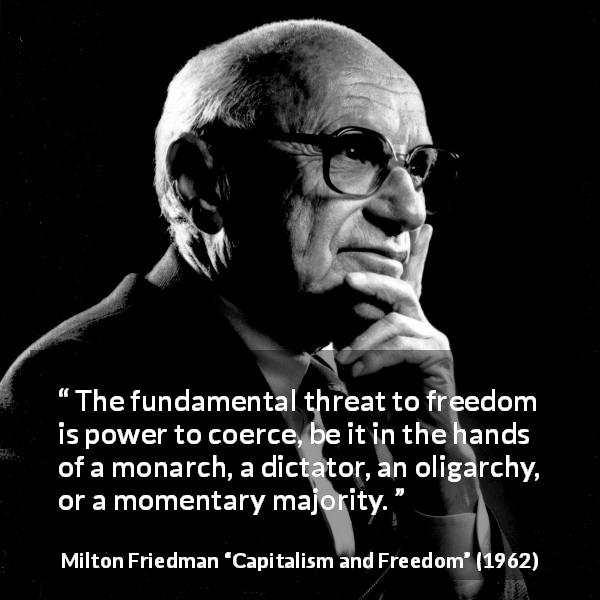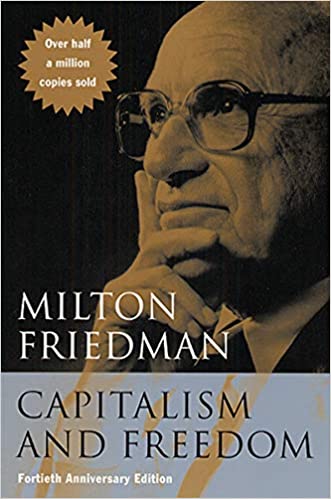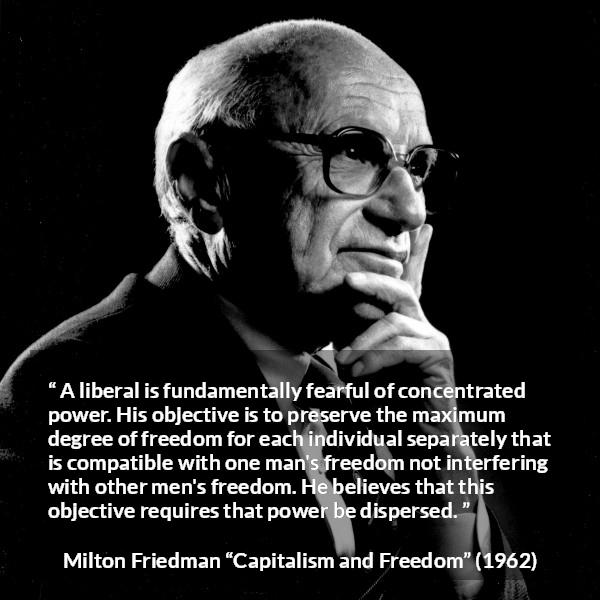

Our confidence in this hypothesis is not based on the belief that billiard players, even expert ones, can or do go through the process described it derives rather from the belief that, unless in some way or other they were capable of reaching essentially the same result, they would not in fact be expert billiard players.


It seems not at all unreasonable that excellent predictions would be yielded by the hypothesis that the billiard player made his shots as if he knew the complicated mathematical formulas that would give the optimum directions of travel, could estimate accurately by eye the angles, etc., describing the location of the balls, could make lightning calculations from the formulas, and could then make the balls travel in the direction indicated by the formulas. Consider the problem of predicting the shots made by an expert billiard player.

1.3 An Economist's Protest: Columns in Political Economy (1966).1.2 A Monetary History of the United States (1963).


 0 kommentar(er)
0 kommentar(er)
